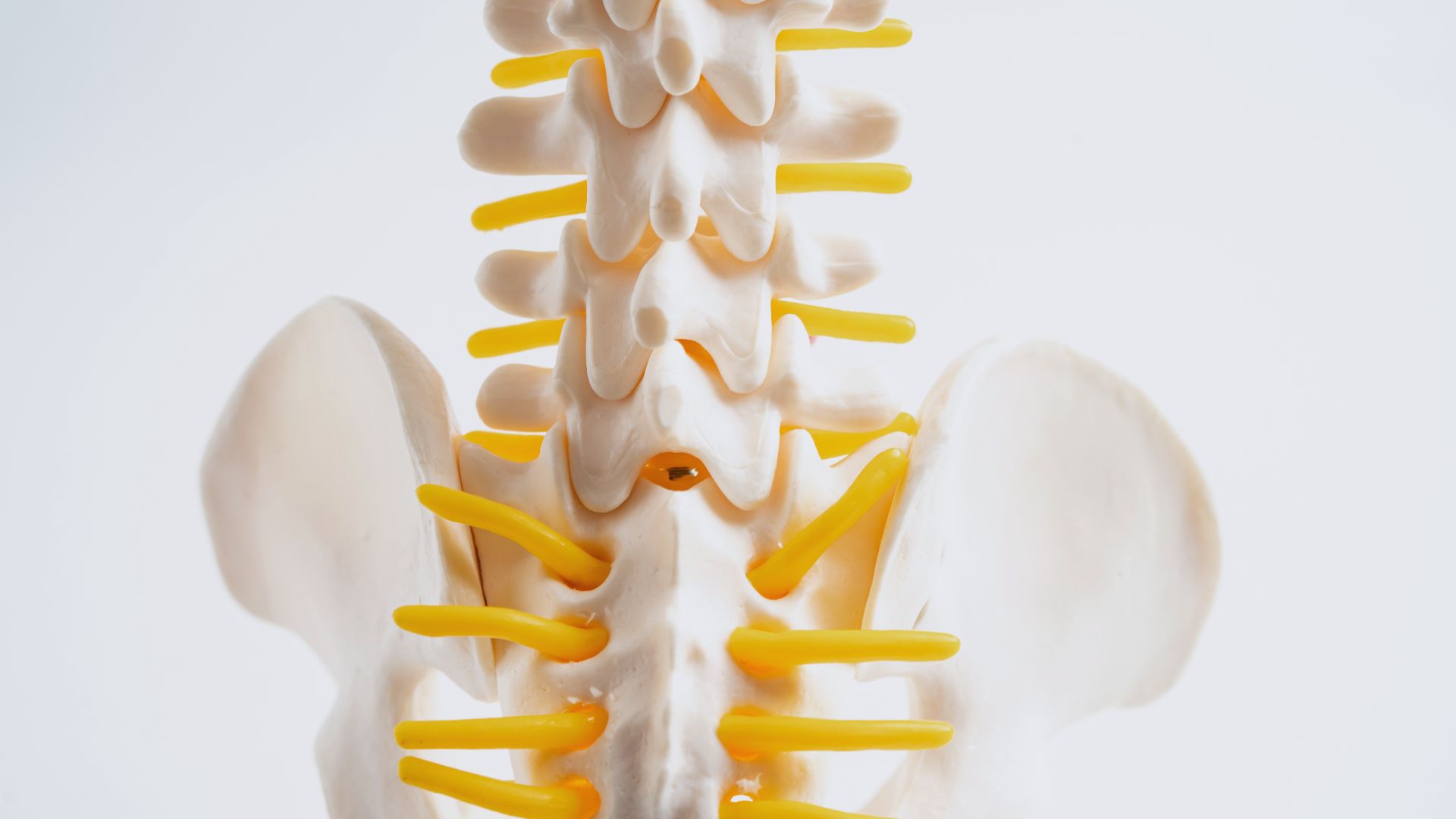Herniated Discs & When Should You See a Spine Specialist in London?
Back pain is one of the most common reasons people miss work or visit their GP, and a leading cause is a herniated disc—often referred to as a “slipped” or “ruptured” disc. While some cases improve with rest and self-care, others can cause severe pain or even nerve damage if left untreated.
Understanding the causes of herniated discs, recognising the symptoms, and knowing when to see a spine specialist in London are key steps in preventing long-term complications.
What Exactly Is a Herniated Disc?
Your spine is made up of vertebrae cushioned by soft, gel-like discs. These discs act as shock absorbers, protecting your back during movement.
A herniated disc occurs when the inner gel-like centre (nucleus pulposus) pushes through a tear in the outer ring (annulus fibrosus). This can irritate or compress nearby nerves, leading to pain, numbness, tingling, or muscle weakness.
Herniated discs most commonly affect the lumbar spine (lower back) but can also occur in the cervical spine (neck).

Common Causes & Risk Factors
A herniated disc doesn’t happen overnight. Several risk factors increase the likelihood of disc damage:
Age and Wear-and-Tear – Natural ageing causes discs to lose water content and flexibility, making them more vulnerable.
Repetitive Strain – Jobs or sports involving heavy lifting, bending, or twisting can add stress to the spine.
Sudden Injury – Falls, car accidents, or lifting incorrectly may cause acute disc herniation.
Genetics – Family history can predispose individuals to disc problems.
Lifestyle Factors – Smoking reduces oxygen supply to spinal discs, while being overweight or sitting for long hours adds extra strain.
Tip: Maintaining good posture, exercising regularly, and using correct lifting techniques can reduce the risk of developing a slipped disc.
Symptoms You Shouldn’t Ignore
Not all herniated discs cause pain, but when they do, the impact can be significant. Symptoms may include:
Persistent lower back or neck pain
Pain radiating into the buttocks, legs (sciatica), or arms
Numbness, tingling, or pins and needles sensations
Muscle weakness or reduced mobility
Pain worsening with coughing, sneezing, or sitting
Red Flag Symptoms:
Loss of bladder or bowel control, or sudden severe weakness, may indicate cauda equina syndrome, a rare but serious emergency requiring immediate medical attention.
When to See a Spine Specialist in London
Mild disc herniation symptoms may improve within a few weeks through self-care and conservative management. However, you should see a spine specialist in London if:
Pain lasts longer than 4–6 weeks despite home care
Pain interferes with daily life, sleep, or mobility
You develop progressive numbness, tingling, or weakness
You notice red flag symptoms
A specialist can confirm the diagnosis with MRI or CT scans and create a personalised treatment plan. Early consultation can prevent the condition from worsening and may reduce the need for surgery.
Treatment Pathways: What to Expect
The good news is that most patients with a herniated disc do not need surgery. Treatment usually follows this pathway:
Physiotherapy & Exercise Programmes – Strengthening core muscles and improving posture to support the spine.
Medications – Anti-inflammatory drugs and pain relief to manage discomfort.
Targeted Spinal Injections – Steroid injections reduce inflammation and nerve irritation.
Surgical Options (if needed) – Procedures such as microdiscectomy or minimally invasive/robotic spine surgery may be recommended for persistent or severe cases. These techniques use very small incisions, reducing pain and speeding up recovery.
How London Spine Health Can Help
At London Spine Health, our multidisciplinary team offers comprehensive care under one roof, including:
Advanced diagnostic scans (MRI, CT, X-ray)
Non-surgical pain management and physiotherapy
State-of-the-art minimally invasive and robotic spine surgery
Personalised care tailored to your lifestyle and needs
Our goal is to help you return to an active, pain-free life as quickly and safely as possible.
Book your consultation today with a leading spine specialist in London and take the first step towards recovery.
Frequently Asked Questions
Can a herniated disc heal on its own?
Yes, many mild cases improve within weeks through conservative care such as rest, physiotherapy, and medication.
How do I know if my back pain is serious?
If pain is persistent, severe, or accompanied by numbness, weakness, or bladder/bowel issues, seek medical advice immediately.
Is surgery always necessary for a slipped disc?
No. Most patients improve with physiotherapy, medications, or spinal injections. Surgery is only required for severe or unresponsive cases.
How long does recovery take after treatment?
Recovery depends on the treatment. Many patients return to normal activities within weeks after minimally invasive surgery.
